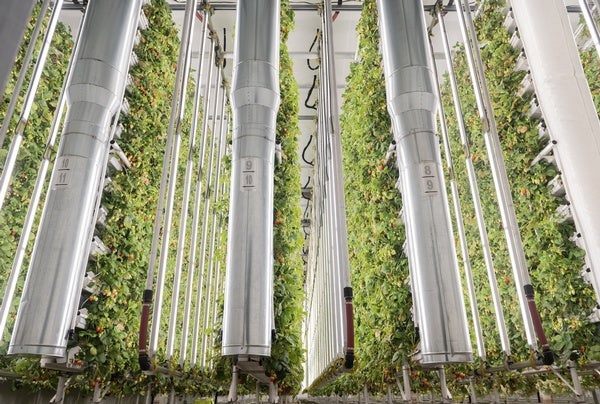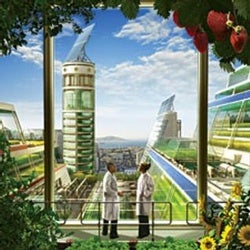 |
| July 18, 2023 |
Vertical farms, indoor operations where crops are stacked on shelves rather than grown in a field, have been used to address food insecurity—while leaving a minimal carbon footprint—for more than a decade. But only a limited range of vegetables, such as lettuces and herbs, grow well in this type of high-tech hydroponic setup. Most food crops require pollination, and the helpful critters that perform this task outdoors, such as bees and bats, do not thrive under the artificial lights of indoor farms. Can buzzy new pollinating robots fill in? |
| | Sophie Bushwick, Associate Editor, Technology
| |
 |
| |
| |
| |
| |
| |
| |
| |
| |
| |
| QUOTE OF THE DAY
 "Years of sociotechnical research show that advanced digital technologies, left unchecked, are used to pursue power and profit at the expense of human rights, social justice, and democracy. Making advanced AI safe means understanding and mitigating risks to those values, too." Seth Lazar and Alondra Nelson, Science | |
FROM THE ARCHIVE
 | | | |
LATEST ISSUES
 |
| |
| Questions? Comments?  | |
| Download the Scientific American App |
| |
| |




















